GLOBAL EQUESTRIAN SPORT
The United Kingdom
The UK has one of the highest quality equine industries in the world, and is internationally recognised as a leading source of equine expertise, resulting in export markets with overseas trade valued at over £500m and growing, with rapidly developing markets in the Far East
The equine industry in the UK is both vibrant and valuable, contributing £8bn a year to the economy. With around 1m horses, the sector has a gross output of £4.3bn a year and is the second-largest rural employer after agriculture
There are 374,000 horse-owning households in Britain
British horse racing alone generated £3.45bn in direct, indirect and induced expenditure and this industry contributed £276m in tax in 2012
An estimated 1.5m people in Britain ride and were inspired to take up horse sport by the 2012 London Olympic Games medal tally.
Horse sports engage a higher proportion than other sports of people with disabilities, women participants and participants over the age of 45 and nearly 40% of those taking part in do not participate in other forms of physical activity. It’s unique as a sport in that men and women compete against each other at Olympic level with athletes aged from 18-70
Racing is the best attended Sport in the UK after football
The Netherlands
Because of its long history as both a military and agricultural power, the Netherlands has had a strong horse culture for hundreds of years. Two famous horse breeds come from the Netherlands: the Friesian horse and the Dutch Warmblood.
There are approximately 450,000 horses in the Netherlands and about 500,000 riders
The Netherlands boasts 3,000 equestrian centres and riding clubs
The Royal Dutch Equestrian Federation (KNHS) has 200,000 members, with 50,000 participating in competitions
There are roughly 765,000 competition entries across eight disciplines each year
The Dutch Federation for Riding for the Disabled (FPG) helps more than 6,000 riders participate in equestrian events every week
The number of competition entries in the Netherlands per rider is the highest in all of Europe
Horse sport is so popular that it makes up a sizeable part of the Dutch economy.
According to the Dutch Federation, one out of every seven horses in the Netherlands equates to a job. That’s more than 10,000 horse businesses in this relatively small country!
Many international-level riders have their stables in the Netherlands because of its strong horse culture, plethora of top trainers, and proximity to other European nations.
Jumping athletes Edwina Tops-Alexander of Australia and Jessica Springsteen of the USA, for example, both have their training base in Valkenswaard.
The Royal Dutch Sporthorse Studbook (KWPN), which documents the breeding of Dutch Warmblood horses, records about 10,000 foals per year. These foals are in high demand, and many of these horses go on to become outstanding international competitors.
The Netherlands has two initiatives to funnel the best horses to riders at the highest levels: N.O.P., which is the Dutch Olympic Horse Foundation, and SFN, the Netherlands Showjumpers Foundation.
Breeding, training, export, and boarding stables contribute a significant source of income, along with related businesses like veterinary practices, farriery, and the sale of saddles, tack, attire, horse boxes, fencing, feed, footing, and various health and wellness products.
Anyone who follows FEI competition at the elite level would notice how often athletes from the Netherlands place at the top of the leaderboard.
From Dressage to Driving and everything in between, Dutch equestrians have won coveted medals, led the world rankings, and wowed judges with their stellar performances.
The Netherlands is also a frequent host for major events, where riders come back year after year because of the hospitable atmosphere and top venues. If you’ve ever wondered why this tiny European country has had such a huge impact on equestrian sport, read on to learn more about this horse-centered paradise for riders.
Horse shows abound (about 7,300 per year!), especially in Rotterdam, Den Bosch, Valkenswaard, and the capital, Amsterdam, which is easily reached from other locations in Europe.
Some of the most prestigious events include FEI World Cup™ and FEI Nations Cup™ qualifiers, as well as the FEI European Championships and the FEI Eventing Nations Cup™ Finals at Boekelo, which are part of the Military Boekelo International Horse Trials.
These shows bring over a quarter of a million fans to the Netherlands annually to ride and cheer on their teams. They also attract millions via live streaming broadcasts, such as through FEI TV, and generate tens of thousands of social media posts.
Internationally
In the United States of America, the Equine Industry has a greater economic impact than motion pictures; in Australia, it contributes only 14% less than the livestock industry
The number of horse clubs in China has increased by 1500% in recent years, from 90 in 2010 to 1400 in 2017. Major market for expansion
7 million Americans are directly involved in the US industry, 2 million of these are horse owners. Over a third earn $75k+ a year
Horses: Economic Impact in the U.S.
According to the American Horse Council’s 2018 Economic Impact Study, the equine industry contributes approximately $50 billion in direct economic impact to the U.S. economy, and has a direct employment impact of 988,394 jobs.
Additionally, the industry itself contributes $38 billion in direct wages, salaries, and benefits. From those direct effects, the horse industry’s contribution ripples out into other sectors of the economy. Adding these ripple effects results in an estimate of the total contribution of the horse industry to the U.S. economy of $122 billion, and a total employment impact of 1.7 million jobs.
Estimated number of horses in the U.S.
10.31 million
Estimated number of horses by activity
Recreation : 3,141,449
Showing : 1,227,986
Racing : 1,224,482
Working : 537,261
2019 USEF Member Demographic Profile
85% Female
Average age: 39
66% have a college degree
Average income of $185,000
Average net worth of $955,000
Own an average of four horses
Compete at least six times per year
Average home value is $600,000
22% own two or more homes
Own three vehicles
40% own a farm; 66% of those are 10 acres or more

